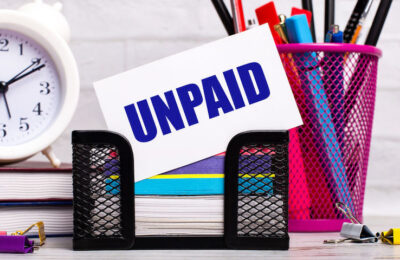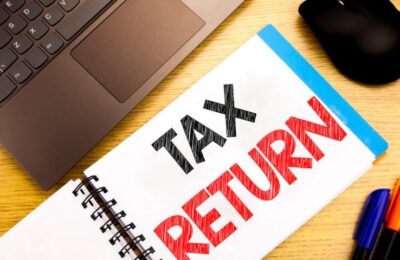On 17th July 2024, Charles III delivered the King’s speech to parliament. The speech summarised the legislation that the new Labour government plans to enact. One key bill – the Renters’ Rights Bill – will be of particular interest to landlords.
Background to the Renters’ Rights Bill
The new Renters’ Rights Bill overlaps significantly with the Renters (Reform) Bill introduced by the last government. This didn’t become law because it ran out of parliamentary time before the 2024 general election was announced. The new bill also seeks to strengthen renters’ rights.
What did the King announce about the bill?
The reference to the Renters’ Rights Bill in the King’s speech was very brief. The King simply said:
“Legislation will be introduced to give greater rights and protections to people renting their homes, including ending no fault evictions and reforming grounds for possession.”
More details about the Renters’ Rights Bill
While the King’s speech didn’t provide much detail about the Renters’ Rights Bill, an accompanying memorandum did.
The memorandum states that the bill “will give renters much greater security and stability so they can stay in their homes for longer, build lives in their communities, and avoid the risk of homelessness.”
The bill will do this by:
- Abolishing Section 21 evictions. This will make ‘no-fault’ evictions illegal. However, the bill will also introduce clear and expanded possession grounds for landlords.
- Bolstering tenants’ rights and protections. For example, by empowering tenants to challenge rent increases and outlawing rental bidding wars.
- Allowing tenants to have pets. Landlords will not be able to unreasonably refuse a request to keep a pet. However, they will be allowed to request the tenant has insurance to cover possible damage by pets.
- Applying the Decent Homes Standard to the private sector. This will push up standards of safety and security, bringing home standards in line with the public sector.
- Applying ‘Awaab’s Law’ to the private rental sector. This will make it mandatory for landlords to investigate and fix damp and mould within strict time limit.
- Creating a private rental sector database. This will bring together key information for tenants, landlords and councils. It will help landlords understand their obligations and to demonstrate compliance.
- Setting up a new ombudsman service. This should make it quicker and cheaper to resolve disputes, reducing the need for expensive court proceedings.
- Making it illegal to discriminate against tenants with children or in receipt of benefits.
- Strengthening councils’ enforcement powers. Councils will get new investigatory powers to identify and fine unscrupulous landlords.
More information about the bill
As well as setting out the new measures above, the King’s speech memorandum also provides some key facts. These provide information about what has influenced the proposed bill.
- In 2023, there was a record number of Section 21 evictions. This resulted in 25,910 households being threatened with homelessness.
- Rental increases over the last two years have been unprecedented. In March 2024, average rents increased by 9%.
- In 2021, private tenants spent 38% of their income on rent. This compares to 27% for social tenants. Homeowners spent 21% on their mortgages.
- 21% of private rental properties are deemed ‘non-decent’ while 12% contain a category 1 hazard such as severed damp or mould.
What next for landlords?
Over the coming weeks and months, more detail will emerge about the Renters’ Rights Bill. Landlords will be particularly interested to learn more about strengthened grounds for possession. The threat of removing Section 21 evictions has already prompted many landlords to sell up and leave the sector.
That said, rental property can still be a good investment, even if margins aren’t what they were a few years ago. If you’d like help managing your portfolio, talk to us about our Landlords’ Platinum Accounting Service with free Making Tax Digital compliant software.
About Jon Pryse-Jones
Since joining THP in 1978, Jon Pryse-Jones has been hands on with every area of the business. Now specialising in strategy, business planning, and marketing, Jon remains at the forefront of the growth and development at THP.
An ideas man, Jon enjoys getting the most out of all situations, “I act as a catalyst for creative people and encourage them to think outside the box,” he says, “and I’m not afraid of being confrontational. It often leads to a better result for THP and its clients.”
Jon’s appreciation for THP extends to his fellow team members and the board. “They really know how to run a successful business,” he says. He’s keen on IT and systems development as critical to success, and he continues to guide THP to be at the cutting edge and effective.
Read more about Jon Pryse-Jones











